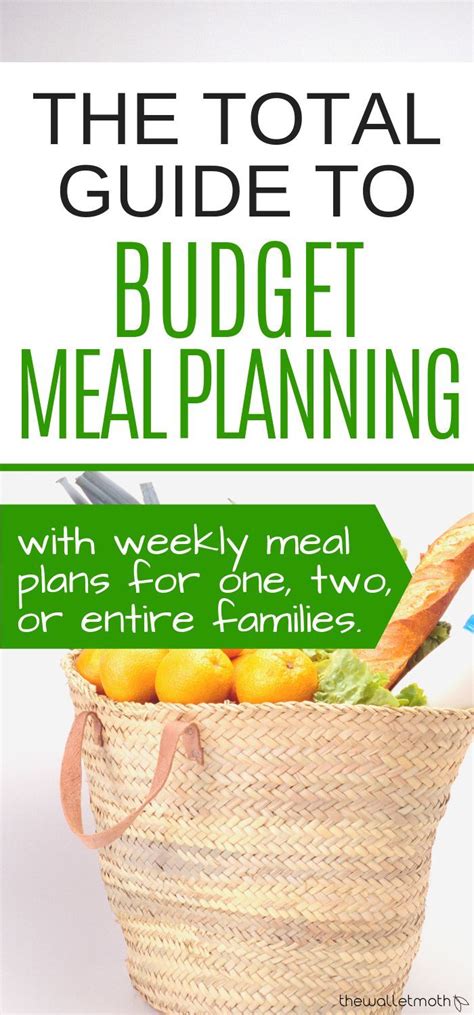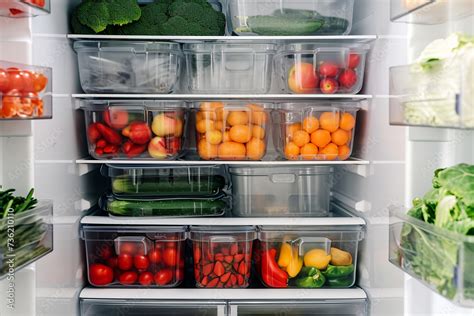Grocery shopping is often one of the largest variable expenses in a household budget. While it’s essential for survival, the good news is that with a few smart strategies and consistent habits, you can significantly trim down your monthly grocery bill without compromising on nutrition or taste.
Plan Your Meals Like a Pro
The cornerstone of effective grocery saving begins long before you set foot in the store: meal planning. Dedicate some time each week to plan out all your meals, from breakfast to dinner, including snacks. This proactive approach helps you buy exactly what you need, reducing food waste and impulse purchases.
- Check your pantry first: Before planning, see what ingredients you already have on hand to build meals around them.
- Build a list: Create a detailed shopping list based on your meal plan. Stick to this list rigorously.
- Incorporate leftovers: Plan for meals that can be easily repurposed into lunches for the next day or used as ingredients in another dish.

Master Smart Shopping Strategies
Once your plan is in place, it’s time to hit the aisles with a strategic mindset. How you shop can dramatically impact your final receipt.
Compare Prices and Stores
Don’t be afraid to shop around. Different stores have different strengths. For instance, a discount grocer might be best for pantry staples, while a local market could offer better deals on fresh produce. Always compare unit prices (price per ounce, per pound, etc.) to ensure you’re getting the best value, especially for bulk items.
Embrace Sales and Coupons
Keep an eye on weekly flyers and digital coupons. Stock up on non-perishable items when they’re on sale. Just be mindful not to buy something you don’t need simply because it’s discounted, as that negates any savings.
Shop on a Full Stomach
This age-old advice is simple yet incredibly effective. Shopping when hungry makes you more susceptible to impulse buys and reaching for convenience foods, which are often pricier.

Minimize Food Waste at Home
Even the most careful shopping can be undone by poor food management at home. Reducing waste is paramount to saving money.
- Proper storage: Learn how to store different types of produce and groceries to extend their shelf life. This includes understanding refrigeration, freezing, and pantry storage best practices.
- First-in, first-out (FIFO): Use older items before newer ones to prevent spoilage. Rotate your pantry and fridge contents.
- Repurpose leftovers: Get creative with leftovers. That extra chicken can become a salad, and wilting vegetables can be tossed into a soup or stir-fry.
- Understand expiration dates: “Best by” dates often refer to quality, not safety. Use your judgment and senses to determine if food is still good.

Cook More, Eat Out Less
Eating out or ordering takeout is almost always more expensive than cooking at home. Prioritize home-cooked meals to keep your budget in check. Even simple, quick meals can be healthier and cheaper than their restaurant counterparts.
Batch Cooking and Freezing
Prepare larger quantities of meals or meal components (like cooked grains, chopped vegetables, or roasted proteins) on the weekend. This saves time during busy weekdays and ensures you have healthy options readily available, reducing the temptation for convenience food.

Monitor Your Spending and Stay Flexible
Tracking your grocery expenses can be an eye-opening exercise. Use a budgeting app or a simple spreadsheet to see exactly where your money is going. This awareness empowers you to make necessary adjustments.
Remember that life happens. While planning is crucial, be prepared to adapt. If a fantastic deal on a perishable item arises, adjust your meal plan slightly to incorporate it. The goal is to be effective, not rigid.

Conclusion
Cutting your monthly grocery spending effectively isn’t about deprivation; it’s about making smarter choices and developing more mindful habits. By consistently planning meals, shopping strategically, minimizing waste, and cooking more at home, you can significantly reduce one of your biggest household expenses. Start implementing these tips today, and watch your savings grow while still enjoying delicious, nutritious food.




